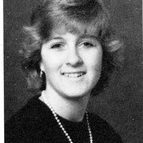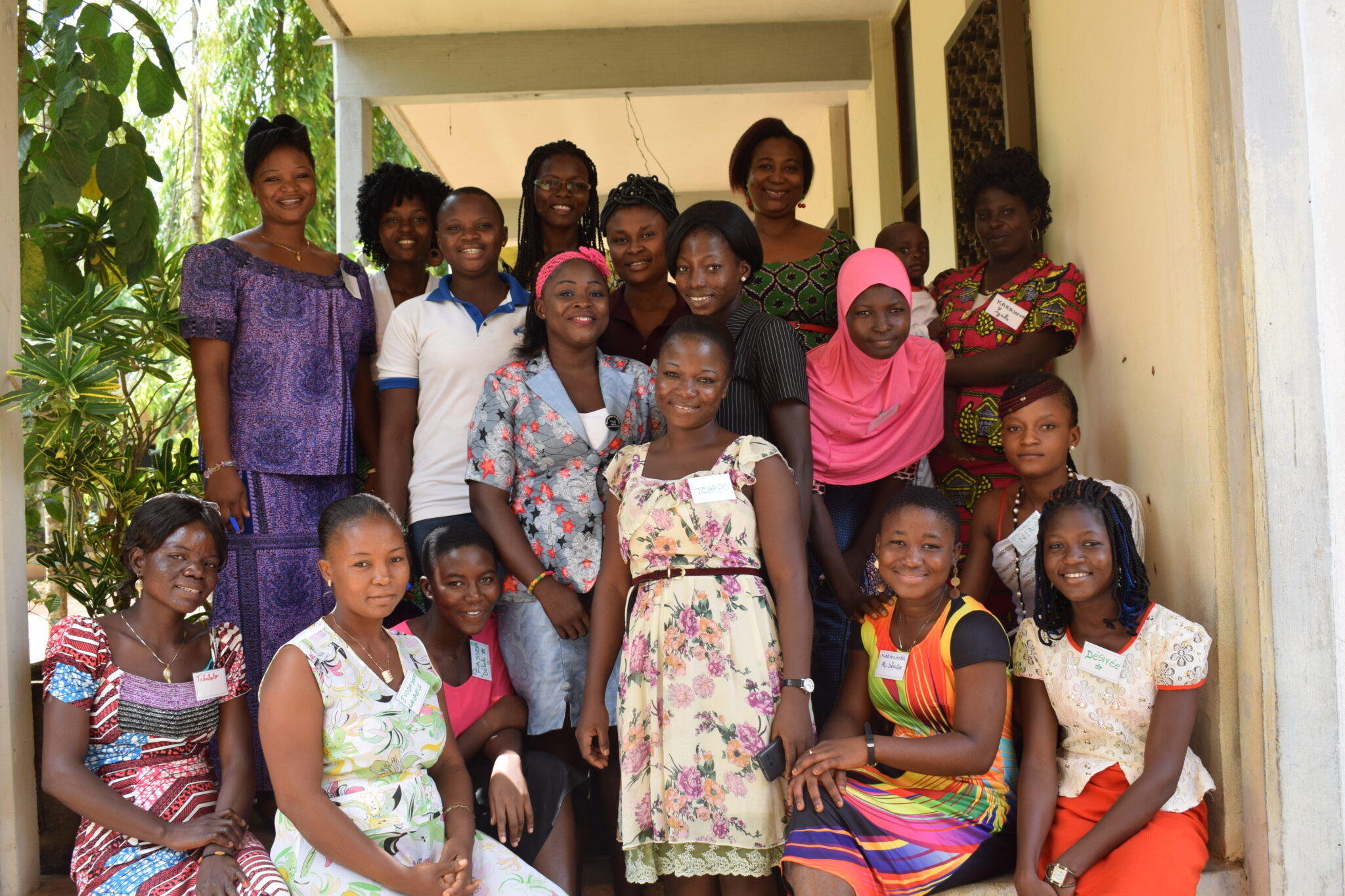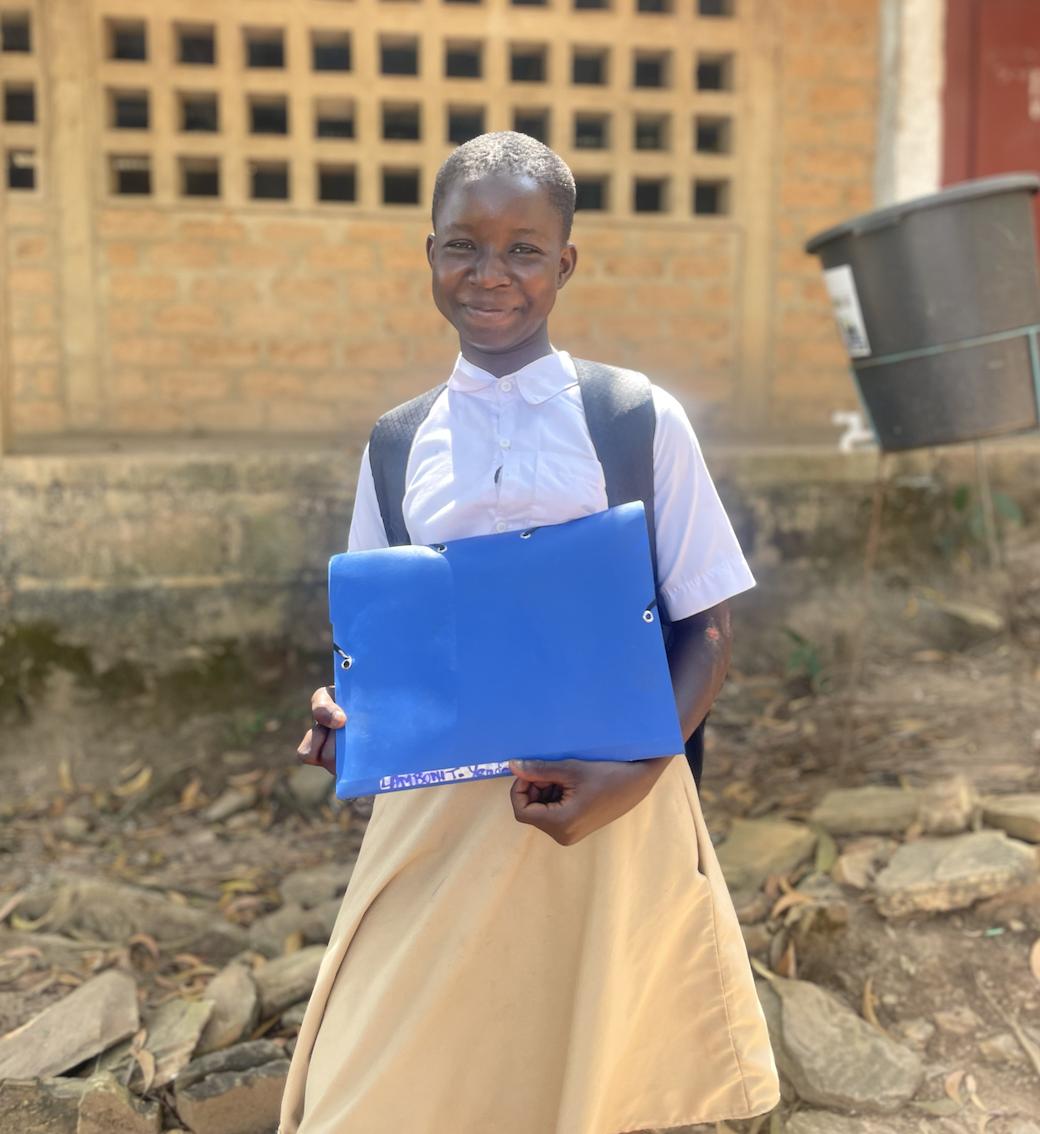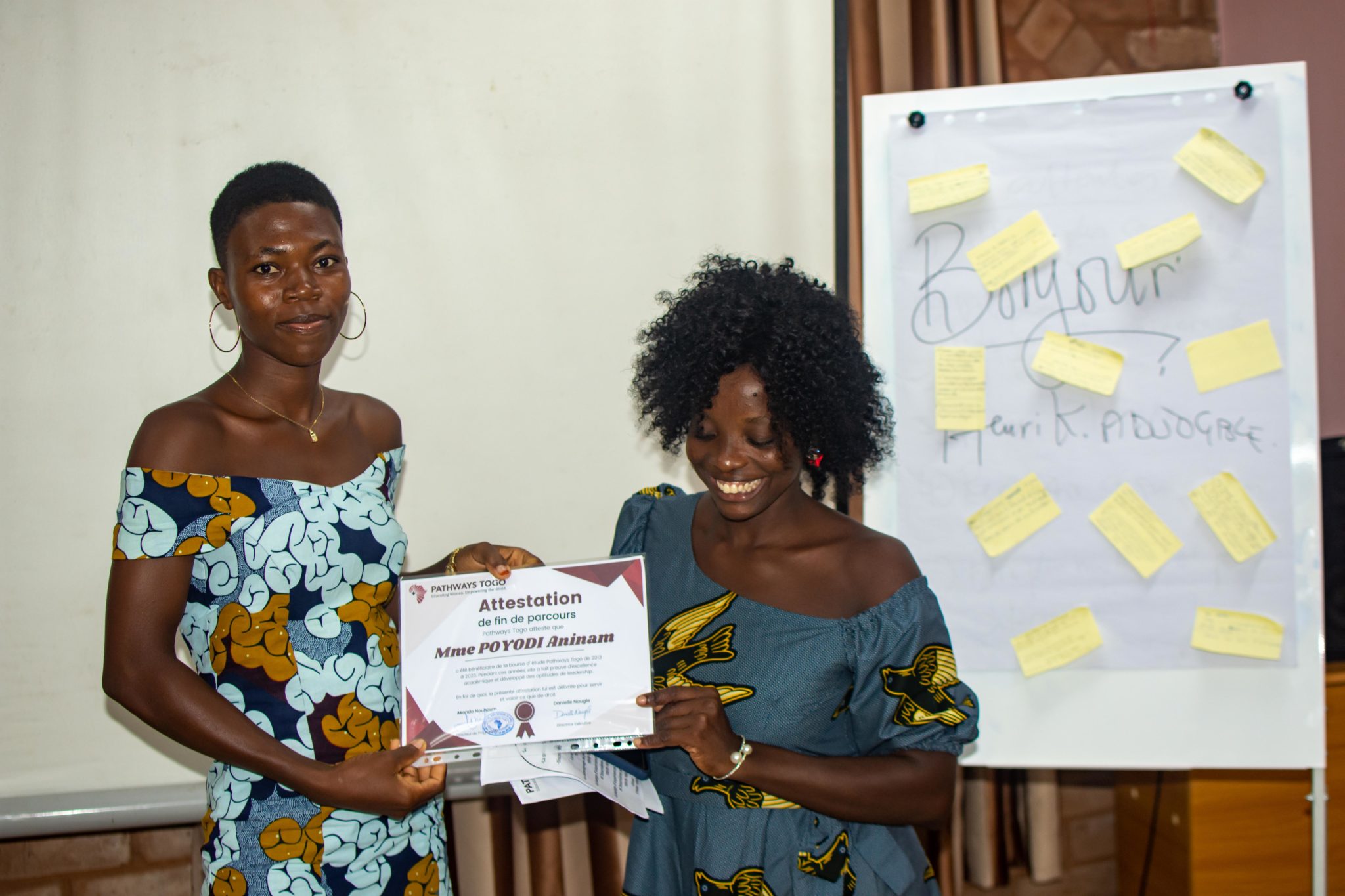
The history of Pathways Togo begins with the inspiring legacy of Karren Waid, a young woman dedicated to improving the quality of life for women in Togo. Karren’s life was tragically cut short when she was killed in a bus accident on the way to a meeting of the Women in Development Committee, a group of volunteers chosen by their peers to promote gender equity and woman-centered development strategies.
The Chicago Tribune quoted Karren's friend and fellow Peace Corps volunteer Mandi Summers shortly after her passing: "She spoke the local language and considered the people in her village part of her family . . . She was compassionate, caring and confident." In honor of Karren's commitment to Togo and her dedication to women's empowerment, friends and family established a scholarship program in her name.
For 15 years, Peace Corps volunteers and Togolese partners proudly administered the scholarship program without any formal organization or outside support. While the program’s impact in Togo was profound, Peace Corps volunteers saw the opportunity to do more. Understanding that a formal organization would increase the capacity to budget, fundraise, and track the scholars’ program over time, three former Peace Corps volunteers, Kyra Turner-Zogbekor, Laurie Segel-Moss, and Julia McNally joined forces in 2010 to incorporate Pathways Togo.
In its first four years, Pathways Togo has established a rigorous nation-wide selection process for scholars and allowed over 55 young women to attend middle school (CEG), high school (Lycee) and University. Each scholar is paired with a local mentor, typically a successful woman in the village or county (prefecture) where they live. Every summer, the scholars and their mentors come together at an annual conference, where they form a peer-support network, receive life skills and academic training, and verify their academic record to receive their award.
The Pathways Togo team is enormously proud of our scholars’ accomplishments. Overcoming unthinkable adversity with the support of their mentors and peers, these young women have persevered to pursue education and realize their potential. Already, in a country where less than 30% of girls enrolled in high school, 30 of our recipients have received college degrees.




